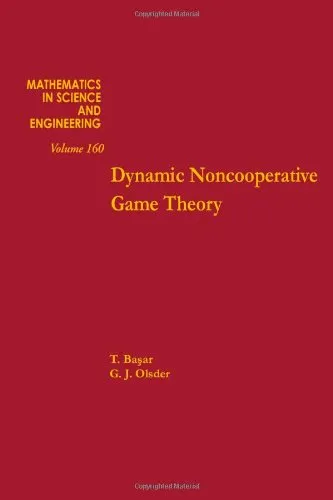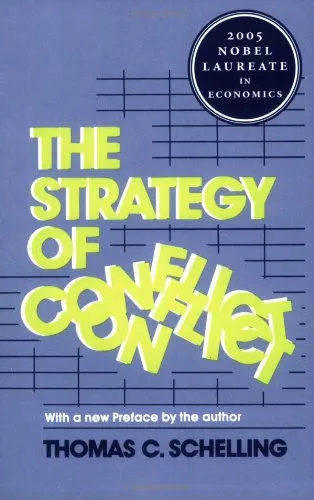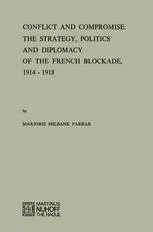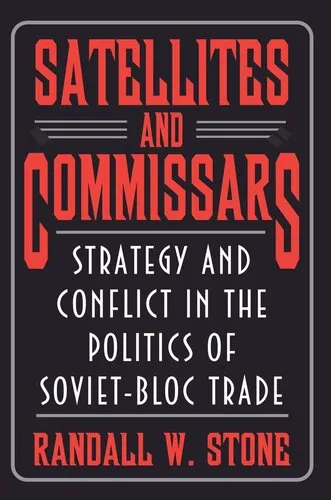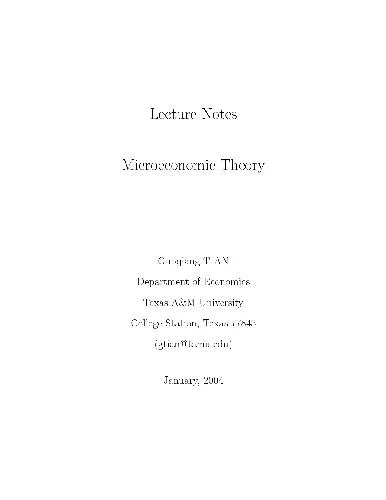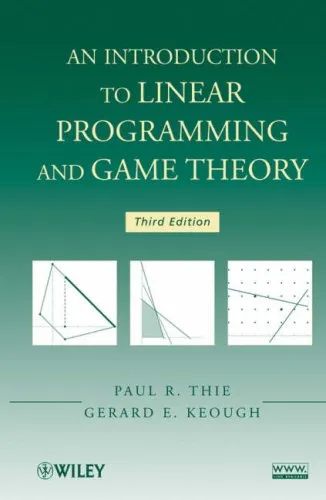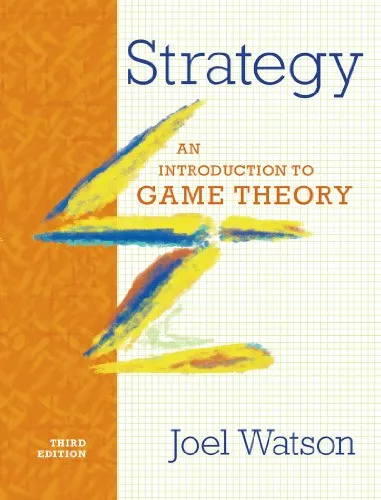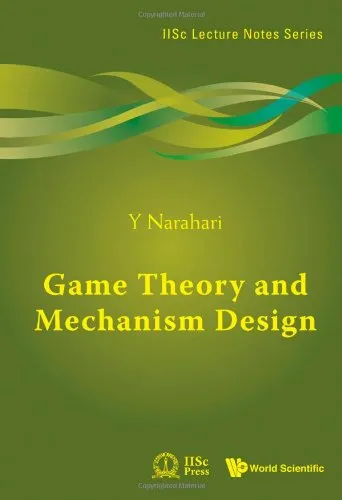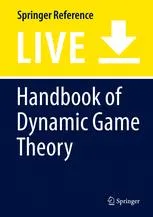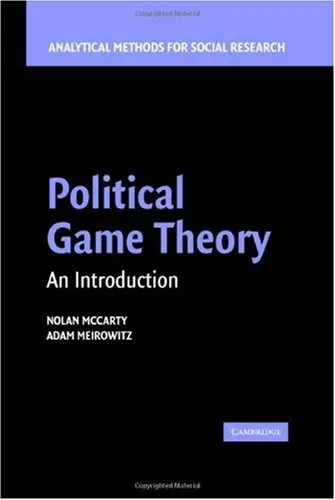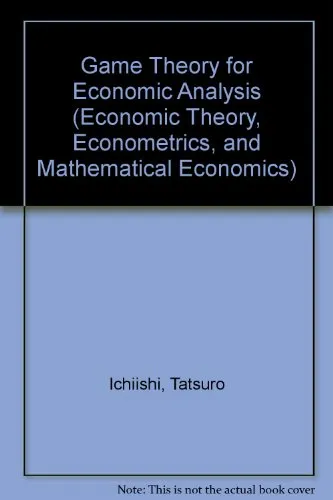Dynamic Noncooperative Game Theory
4.5
Reviews from our users

You Can Ask your questions from this book's AI after Login
Each download or ask from book AI costs 2 points. To earn more free points, please visit the Points Guide Page and complete some valuable actions.Related Refrences:
Welcome to the profound world of Dynamic Noncooperative Game Theory — a cornerstone text that delves deeply into the realm of noncooperative games within a dynamic context. Authored by Tamer Başar and Geert Jan Olsder, this book provides an in-depth exploration of strategies and theoretical concepts that govern competitive decision-making processes over time. By combining rigorous mathematical formulations with real-world applications, it serves as an essential resource for students, researchers, and practitioners interested in the dynamic interactions occurring in economic, social, and engineering systems.
Detailed Summary of the Book
The book commences with an introduction to the foundational concepts of game theory, setting the stage for more complex discussions. As it progresses, the text delves into the intricacies of dynamic games, offering readers a detailed understanding of the various models and strategies typical of noncooperative contexts. Key topics include equilibrium strategies, Nash stability, subgame perfection, and the dynamic programming principle. The authors adeptly guide the reader through deterministic and stochastic models of dynamic competition, offering analytic solutions and practical applications.
An exceptional aspect of the book is its integration of theoretical frameworks with practical applications. By applying dynamic noncooperative game theory to real-world scenarios, the authors demonstrate the versatility of the models, from economics to engineering. Each chapter is meticulously structured, accompanied by mathematical proofs and examples that elucidate the complex theories under discussion. This comprehensive approach ensures that readers not only grasp theoretical insights but also appreciate their practical utility.
Key Takeaways
- Understanding Dynamic Interactions: The book imparts a thorough comprehension of the dynamics involved in competitive scenarios where the decisions of multiple agents interact and evolve over time.
- Equilibrium Concepts: It covers critical equilibrium concepts including Nash Equilibrium and strategies for achieving stability in noncooperative settings.
- Mathematical Rigor: Offers a mathematically rigorous exploration of models, making complex dynamics accessible through step-by-step derivations, examples, and illustrations.
- Applications Across Disciplines: Demonstrates the applicability of dynamic noncooperative game theory across a spectrum of fields such as economics, political science, and engineering.
- Theoretical to Practical: Bridges the gap between abstract theoretical constructs and their practical implications, offering valuable insights for both theoretical and applied researchers.
Famous Quotes from the Book
"In the realm of dynamic noncooperative games, the pursuit of equilibrium manifests as both an art and a science, where strategies evolve as much from intuition as from empirical rigor."
"Each player, while focused on their own strategy, inadvertently shapes the trajectory of the entire system—a dance of decisions forged in intricate balance."
Why This Book Matters
Dynamic Noncooperative Game Theory stands as a pivotal reference for those involved in systemic studies of competition and cooperation. The nuanced exploration of how individual decisions impact collective outcomes addresses quintessential questions in economics, social sciences, and engineering disciplines. This book is particularly significant because it fills a critical niche in game theory literature by focusing on the dynamism of noncooperative games, highlighting how strategies need to be adaptable over time in response to the actions of other players.
Furthermore, the authors’ dedication to merging theoretical foundations with practical applications makes this work uniquely valuable. By supporting the development of strategic thinking skills, this text not only contributes to academic pursuits but also enhances the strategic acumen of practitioners in industries reliant on complex decision-making processes. In essence, this book empowers readers to navigate and influence the dynamic ecosystems where competition and cooperation interplay.
Free Direct Download
You Can Download this book after Login
Accessing books through legal platforms and public libraries not only supports the rights of authors and publishers but also contributes to the sustainability of reading culture. Before downloading, please take a moment to consider these options.
Find this book on other platforms:
WorldCat helps you find books in libraries worldwide.
See ratings, reviews, and discussions on Goodreads.
Find and buy rare or used books on AbeBooks.
1607
بازدید4.5
امتیاز0
نظر98%
رضایتReviews:
4.5
Based on 0 users review
Questions & Answers
Ask questions about this book or help others by answering
No questions yet. Be the first to ask!
